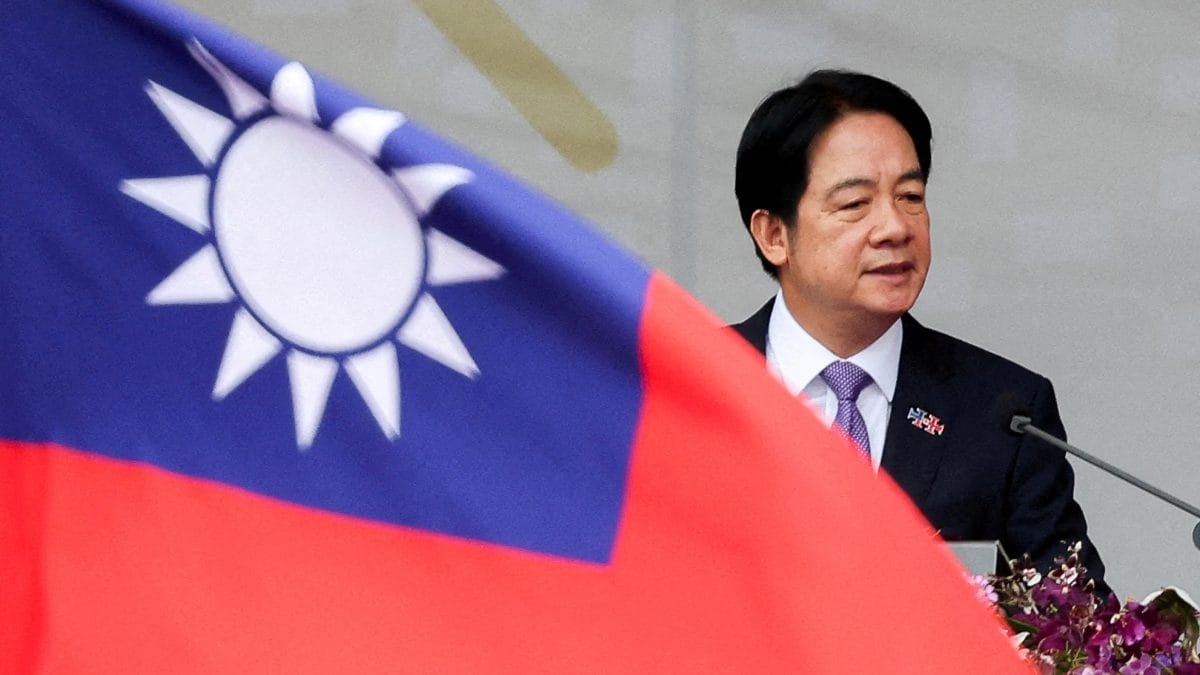Lai visited Guam and Palau earlier this week drawing the ire from Beijing which has considered Taiwan as part of its territory and opposes any international recognition of the islandread more
As Taiwan’s President Lai Ching-te concluded his trip to the US-Pacific Islands, China warned the island nation that relying on Washington for its independence “will inevitably hit a wall”.
Lai visited Guam and Palau earlier this week drawing the ire from Beijing which has considered Taiwan as part of its territory and opposes any international recognition of the island.
“Seeking independence with the help of the United States will inevitably hit a wall, and using Taiwan to contain China is doomed to fail,” foreign ministry spokesman Lin Jian told reporters on Friday.
He added that China has “lodged solemn representations” with Washington and urged it to “stop emptying and gutting the one-China principle”.
The US militarily supports Taiwan and is legally obliged to do so under the Taiwan Relations Act of 1979.
Lai speaks to US House Speaker
During his trip, Lai gave China one more reason to be angry. He spoke to US House Speaker Mike Johnson and other US congressional leaders to discuss US-Taiwan ties amid Beijing’s threat.
Lai said he had spoken with Republican Johnson and other congressional leaders including Democrats Nancy Pelosi, a former House speaker and stalwart Taiwan supporter, and House Minority Leader Hakeem Jeffries.
Asked about the call with Johnson, a spokesperson for China’s foreign ministry said the government had already made clear its position on Lai’s visits to the United States.
“I would like to emphasise once again that the Taiwan issue is the core of China’s core interests and the first red line that may not be crossed in Sino-US relations,” Lin Jian told a regular news briefing in Beijing.
China has asked the US not to “meddle in Taiwan-related affairs”.
During a Friday press conference, Lai also urged democracies to be “more united” to counter growing authoritarianism.
He also insisted that Taiwan and China were “not subordinate to each other”.
With inputs from agencies
